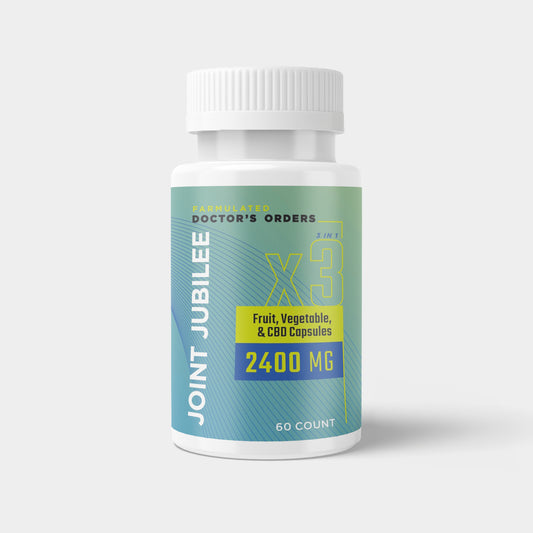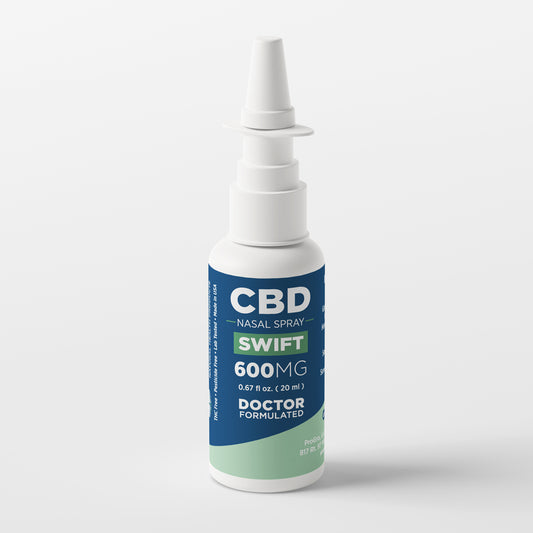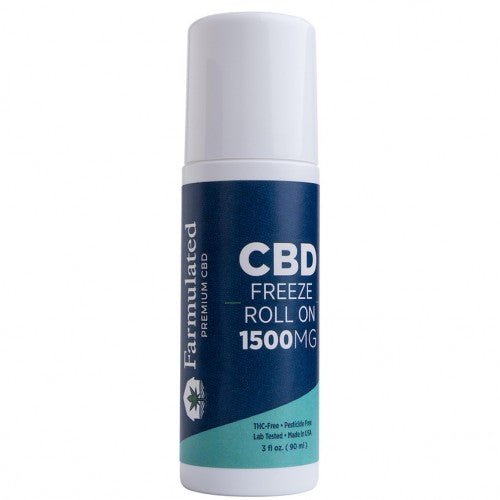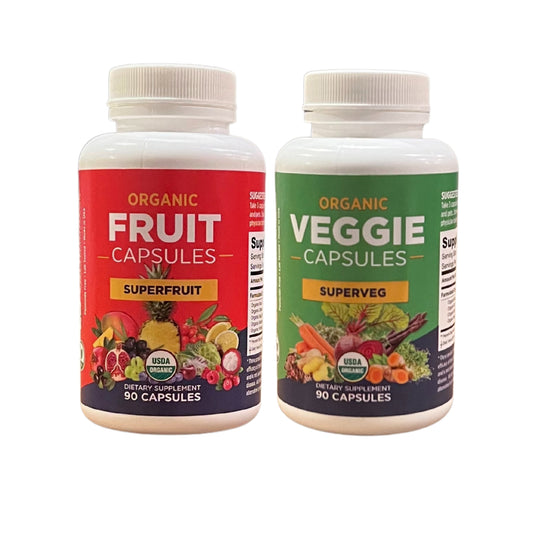Gout is an extremely painful kind of arthritis that affects millions of people worldwide. It is caused by having excess uric acid in the body, which can lead to the formation of crystals in the joints. This can cause severe pain, swelling, redness, and stiffness in affected areas. While there are many treatments available for gout, some people are turning to CBD oil as a natural alternative to help manage their symptoms.
CBD oil has been gaining popularity as a natural remedy for various health conditions due to its potential therapeutic properties. Cannabidiol (CBD) is one of over 100 compounds found in the cannabis plant known as cannabinoids; it interacts with receptors within the body's endocannabinoid system (ECS), which plays a crucial role in regulating pain perception, mood, and more. While research on using CBD specifically for gout is limited, there are several ways in which it may be beneficial for those who experience frequent flare-ups or find that traditional treatments don't work well for them.
In this post, we will explore how CBD oil may help treat pain and lower uric acid levels associated with gout.
Understanding Gout Symptoms and Flare-Ups
Before diving into the potential benefits of CBD for gout, it's important to understand the condition itself. Gout occurs when there is far too much uric acid in your blood, leading to the formation of crystals in the joints. This can cause severe pain, swelling, redness, and stiffness in affected areas.
Gout flare-ups can be triggered by a variety of factors, including:
- High-purine diets
- Obesity
- Dehydration
- Alcohol consumption
- Certain medications
While gout can be effectively managed with lifestyle changes and medication, some people may still experience frequent flare-ups or find that traditional treatments don't work well for them.
The Potential Benefits of CBD Oil for Gout
CBD oil has been gaining popularity as a natural remedy for various health conditions, including chronic pain and inflammation. While research on CBD specifically for gout is limited, there are several ways in which it may be beneficial:
One of the main reasons people turn to CBD oil is for its potential pain-relieving effects. Cannabinoids like CBD interact with receptors in the body's endocannabinoid system (ECS), which plays a role in regulating pain perception. By activating these receptors, CBD may help reduce inflammation and alleviate joint pain associated with gout.
In addition to its potential pain-relieving properties, CBD also has anti-inflammatory effects that may be beneficial for those with gout. Inflammation is a key factor in gout flare-ups, so reducing inflammation levels can help prevent or lessen the severity of symptoms.
While more research is needed on this topic specifically related to humans, animal studies have shown that cannabinoids like CBD may help lower uric acid levels in the body. This could potentially make it an effective treatment option for preventing gout attacks.
How to Use CBD Oil for Gout
If you're interested in trying out CBD oil as a natural remedy for your gout symptoms, there are several things that you should keep in mind:
- Talk to your doctor first: As with any new treatment option, it's important to consult with your doctor before starting.
- Choose high-quality products: Look for reputable brands that use third-party testing to ensure their products are free from contaminants and accurately labeled.
- Start low and slow: Begin with a low dose of CBD oil and gradually increase until you reach your desired effect.
- Consider different delivery methods: There are several ways to take CBD oil, such as tinctures or capsules; choose one that works best for you.
- Be patient: It could take some time before you start noticing any effects from using CBD oil regularly.
Other Natural Remedies for Gout
In addition to using CBD oil as a natural remedy for gout symptoms, there are several other lifestyle changes you can make that may help manage your condition. These remedies aim to reduce inflammation levels and lower uric acid levels in the body. Here are some other natural remedies for gout:
Being overweight or obese certainly increases your risk of developing gout and can make symptoms worse if you already have it. Losing weight through diet and regular exercise can help reduce the high uric acid levels in the body and decrease the frequency and severity of flare-ups.
Drinking enough water is essential for flushing excess uric acid out of the body. Aim to drink at least 7-8 glasses of water per day, more if you're exercising or spending time in hot weather.
Purines are compounds found in many foods that can increase uric acid levels in the body. Foods high in purines include red meat, organ meats, seafood, and alcohol. By following a low-purine diet, you may be able to reduce your risk of gout flare-ups.
Alcohol consumption is a common trigger for gout flare-ups as it increases uric acid production while also reducing its excretion from the body by inhibiting kidney function.
Regular exercise has been shown to improve overall health and may also help reduce inflammation levels in the body, which could lead to less severe gout symptoms over time.
It's important to note that these natural remedies should be used alongside prescribed medical treatments for gout management, not instead of them! You should always consult with your doctor before making any significant changes to your diet or lifestyle, especially if you have pre-existing medical conditions or taking other medications which might interact negatively with cannabis-derived products like medical marijuana or hemp-derived products containing less than .3% THC (the psychoactive compound found within cannabis).
Final Thoughts
While more research is needed on using CBD specifically for treating gout symptoms or lowering uric acid levels in humans, preliminary studies suggest that it could be an effective natural remedy worth considering alongside traditional treatments prescribed by doctors.
As always, before trying any new treatment plan or medication, talk with your doctor first, especially if you have pre-existing medical conditions or taking other medications which might interact negatively with cannabis-derived products like medical marijuana or hemp-derived products containing less than .3% THC (the psychoactive compound found within cannabis).





